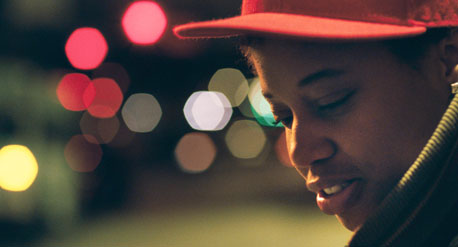As the strapless lilac dress found its awkward place on my body, the delicate layer of my personal confidence dropped mercilessly to the floor.. When my father said I looked "pretty," I immediately went on a dramatic tirade (more dramatic than usual) to assert that this wasn't who I was.…
-
-
My Straight African Brother’s Reflections on a Very Queer Christmas: “Two Couples and a Sibling”
My brother wrote this guest post for me for Christmas and I couldn't be any more moved. For any of you feeling hopeless about your families coming around, I want you to read this and see this as your future, see this as where your own family members could go.…

